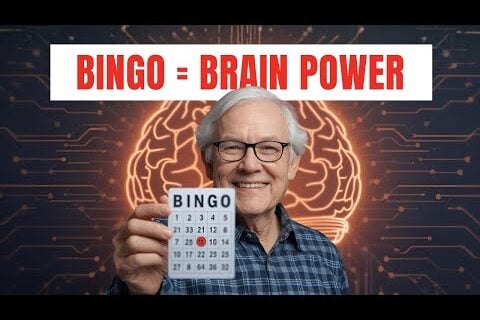
Why Bingo Keeps Showing Up in Dementia Research
VIDEO+ARTICLE: Multiple studies affirm bingo exercises attention, memory, and social connection all at once. Learn about its small but meaningful role in dementia care—when used the right way.

VIDEO+ARTICLE: Multiple studies affirm bingo exercises attention, memory, and social connection all at once. Learn about its small but meaningful role in dementia care—when used the right way.

Watch this inspiring story of living with and fighting against this disease.

New long-term data suggests lecanemab could delay the shift from mild memory loss to moderate Alzheimer’s by up to eight years—offering families precious time and renewed hope.

New research hints at a simple, widely available vaccine that may help protect brain health.
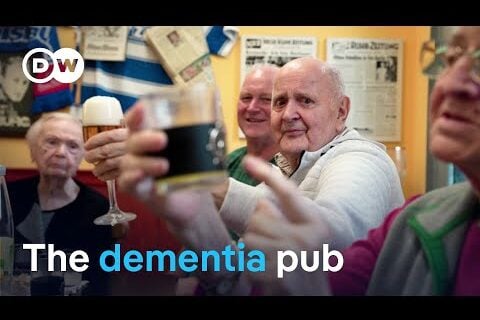
A cozy pub inside a nursing home is doing something remarkable — helping residents with dementia reconnect, open up, and feel like themselves again. Here are 10 ways this surprising space is changing daily life.
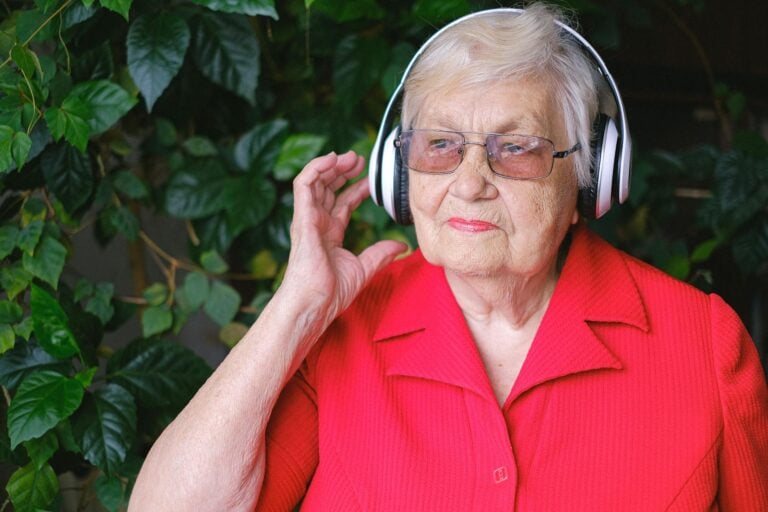
A few minutes of music each day can calm sundowning and help support brain health. A new study explains these protective benefits — and we’ll show you how to build gentle musical routines into evening care.
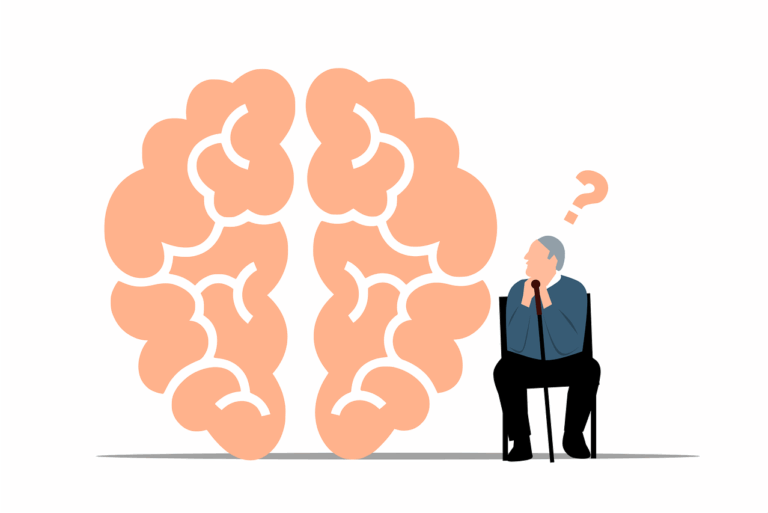
Every dementia journey is unique — but large studies now show clear patterns. Age, type of dementia, and general health all play major roles in how long a person lives after diagnosis.
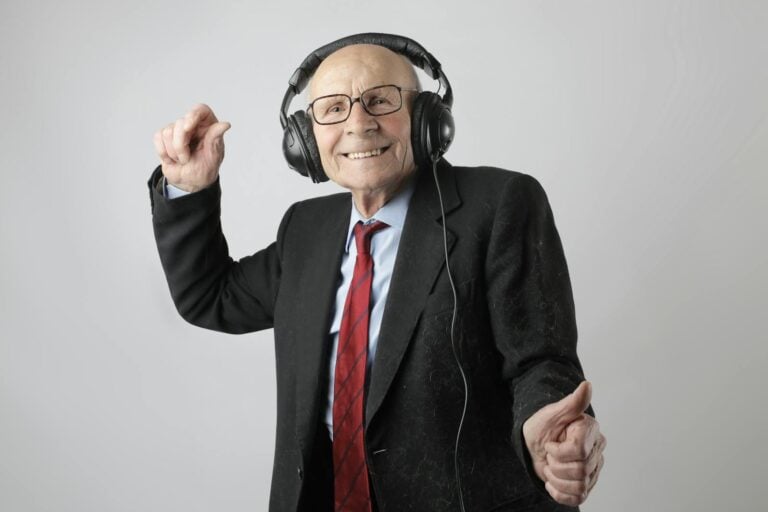
A major study of over 10,000 older adults found that those who regularly listened to or played music not only had a much lower risk of dementia, but also performed better on memory tests.

A new groundbreaking MRI study reveals how the brain’s “nightly cleaning crew” depends on quality sleep. When we rest deeply, brain fluids clear away toxins — protecting memory and cutting dementia risk.

Even in later life, quitting smoking significantly reduces dementia risk.
New research published in The Lancet offers renewed hope — it’s never too late to protect your brain.
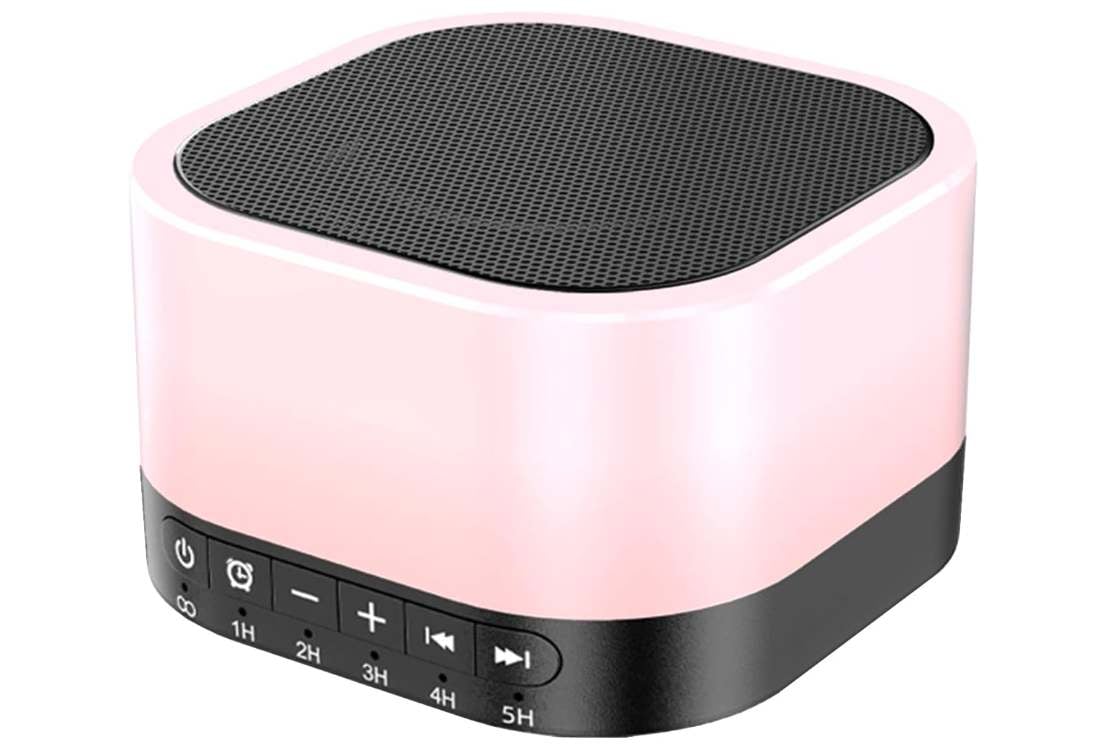
SLEEP VIDEO & ARTICLE: Sound stimulation can improve sleep and memory for people with pre-dementia. This study used easy-to-buy “pink noise” machines. See how simple sleep therapy makes a real difference.

Looking for the best digital photo frame for a loved one with dementia? Many frames claim to be senior-friendly. We explore the Pix-Star series, rated best for its combination of features and value for the money.

VIDEO+ARTICLE: Sundowning in dementia can derail evenings with anxiety, agitation, and confusion. Here’s why it happens—and what actually helps.
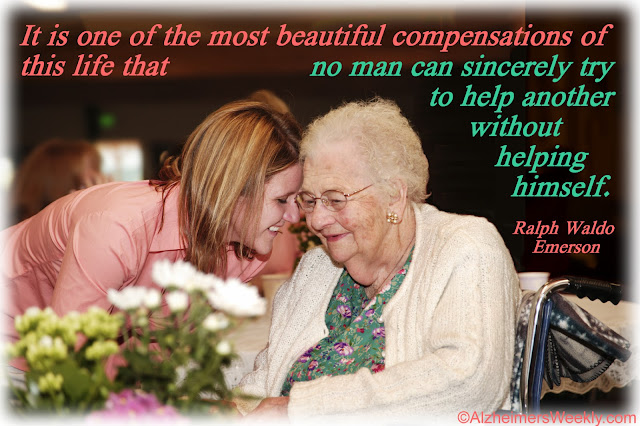
It is one of the most beautiful Compensations of this life thatNo man can sincerely try to help anotherWithout helping himself.

What are the early symptoms of Alzheimer’s? When to get a professional evaluation.

SHORT-TERM MEMORY lapses are obvious signs of Alzheimer’s, but other tell-tale signals begin to show much earlier. Learn how to look for semantic impairments, such as simple questions about size.

Three important dementia studies focus on HS-AGING, a type of dementia almost as common as Alzheimer’s in the 85+ group. Yet few people have heard of it. Why? What makes it different?
No spam, only news and updates.


